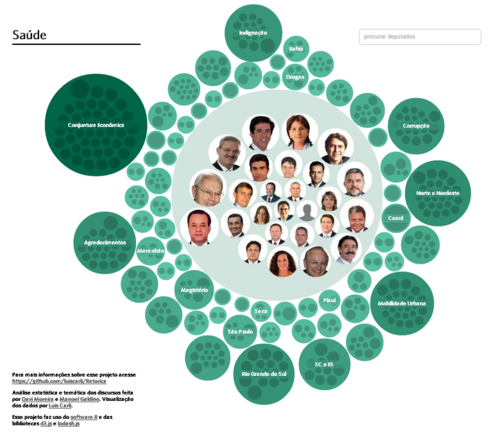This is why I was so surprised to see that Google is actually a player in auto translating content. I saw this first with Google Play when they
added auto translation of app descriptions, and lately I’ve seen this again in the Chrome web store.
The more interesting thing I have noticed is that this translation seems almost human, at least much closer to human than what I am used to seeing on Google Translate online. But what does this all mean? Let’s start with an overview and move on to the implications.
Overview: Google Translated Content
This is a brief overview of translated content, search marketers and Google – or how Yiddish did became so popular online lately.
The cost of writing content is probably the major hurdle for a website that wishes to expand and grow. Many times, long-tail keywords and subjects just don’t pay off in returns from ads, affiliate programs or any other monetization a site may choose.
This is why in the past few years; you could run into more and more websites that seemed to be based on automatic translation (using Google Translate in most cases). The result was surprisingly good from a quick glance, but very poor when content was read carefully.
Once a website turned to the dark side of automatic translation, it many times translates the original content into as many languages as possible.
This is why the very rare language of Yiddish became so popular despite it being spoken mainly by the Jewish ultra-orthodox community that refrains from using computers. Could it be that Yiddish is growing online due to the single fact that it is available with Google Translate? I believe so.
Google Penalizes Sites Using Auto Translated Content
Google tries to fight translated content in two fronts: AdSense and search.
AdSense: Many sites monetize their content using Google AdSense. Recently, many have complained about getting email from Google titled: “Your Google AdSense account has been disabled,” and in the explanation, they noticed the potential violation as “websites with gibberish content that makes no sense or seems auto-generated.”
Can Google Translate Be Used To Create Auto-Translated, Non-Spam Content?
If Google Translate improves, it could mean that websites could get around Google’s own guidelines and sanctions. I wanted to check to see if this possibility now exists.
So, I took the original text of one
web app, and used Google Translate to compare translations from English to Spanish and from English to Hebrew (You can do so, by clicking on the setting icon in the chrome web store, and changing the language).
The internal tool that Google used in the web store was superior to the public online tool in a few major areas that might concern anyone using automatic translation:
- Identifying Names. Google translate mistakenly translated the name of the game I checked (Parking Panic) into the equivalent term (“Aparcamiento pánico” in Spanish, for example). Well, if you are Apple, you don’t want your translated brand be “Manzana” (Spanish for the fruit apple), and I assume this goes for most of us.
- Identifying Masculine & Feminine. This is another problem which Google Translate has, but not the internal tool. The Hebrew translation describing the game, said “She is a great game,” while the internal tool identified the game in Hebrew as masculine and described it closer to “it is a great game”
- Spelling Mistakes. Microsoft Word found only one mistake in the Hebrew translation of the internal tool vs. two mistakes in the public tool.
- Fluency. The internal tool made a few more better decisions than the public tool. When comparing Spanish to Hebrew, it seems that overall, Spanish translation was good even in the public version, but the Hebrew translation was really readable only in the internal tool.

Click to enlarge

Click to enlarge.
Why Doesn’t Google Release Its Best Technology If They Have It?
My best bet is that Google is afraid of mass spamming that could be hard to identify. Nevertheless, if they think it is good enough for them to publish it on their Android and Chrome stores, why wouldn’t they allow others to do the same in Google Translate? Knowing Google, you probably are aware that their rules sometimes oblige us, but don’t apply to those located in Mountain View.
If you have other ideas and tests you did yourself on other languages, please share it here.
Opinions expressed in the article are those of the guest author and not necessarily Search Engine Land.



























